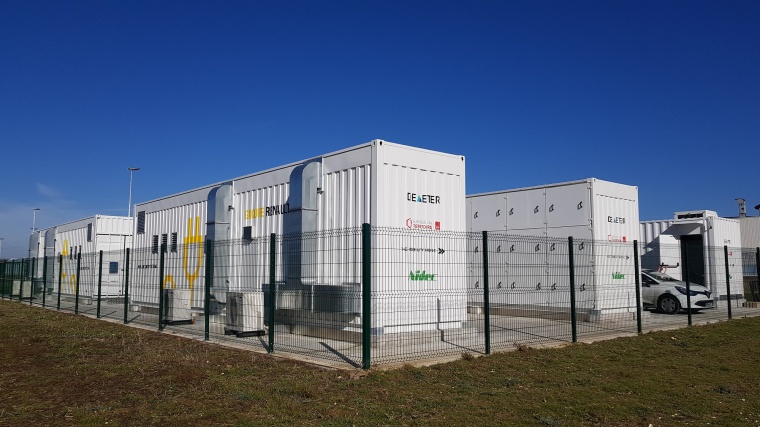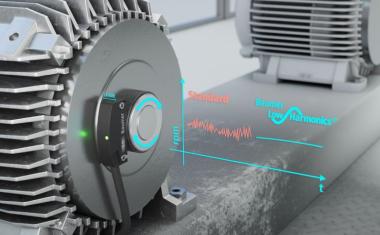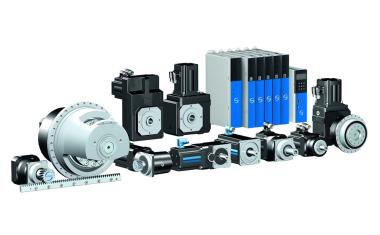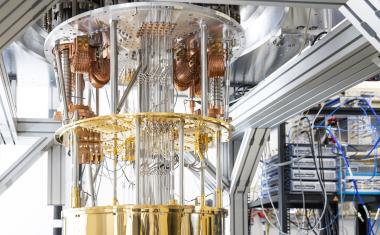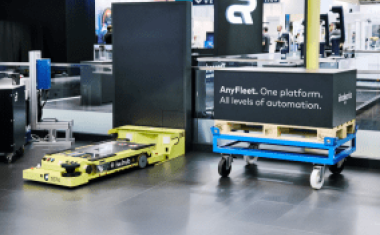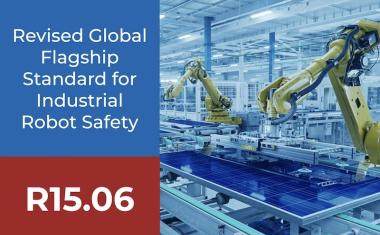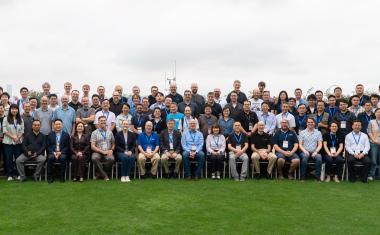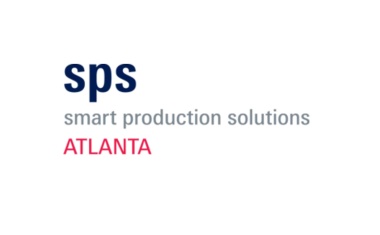Renault Group and Nidec ASI develop circular economy model
The Renault Group was one of the first car manufacturers to look at the recycling of batteries for electric vehicles. For more than a year now, the Renault Group has been working with Nidec ASI, the parent company of the Nidec Group's business platform Nidec Industrial Solutions and one of the groups that are committed to an economic upswing with a view to greater sustainability to develop a comprehensive pilot project in the field of stationary energy storage.
The idea behind the partnership was to extract car batteries and use them in storage systems for renewable energies (BESS - Battery Energy Storage System). The two demonstration sites in France, where the containerized batteries from electric vehicles (Renault ZOE) are collected, testify to the success of the initiative.
The role of Nidec ASI, working closely with Renault as a partner for the integration and delivery of storage solutions, was to measure the state and depth of discharge of each battery in real time and to control the energy flow in the batteries in a homogeneous way in order to prevent overheating Avoid and ensure the highest level of safety of the system, stability of the power grid and availability of electricity throughout the day. This is because the system is able to compensate for the differences between electricity consumption and generation at a given point in time. The batteries are charged when demand is low, and then the energy contained in the batteries is fed back into the grid as soon as demand increases. This increases the share of renewable energies in the energy mix.
The research and development of the project was successfully completed. The first systems were deployed at two demonstration sites of the technology used in France, namely the Renault factories in Douai and Flins. The two systems were designed so that the batteries can be easily removed and reinserted. They each have a total installed capacity of 4.7 MWh or 15 MWh. While the first system is already providing services for the French power grid, the second system will be commissioned by the end of the year. The aim is to extend the life of the built-in batteries by 10 years so that they can provide cleaner and cheaper energy for multiple local applications.
